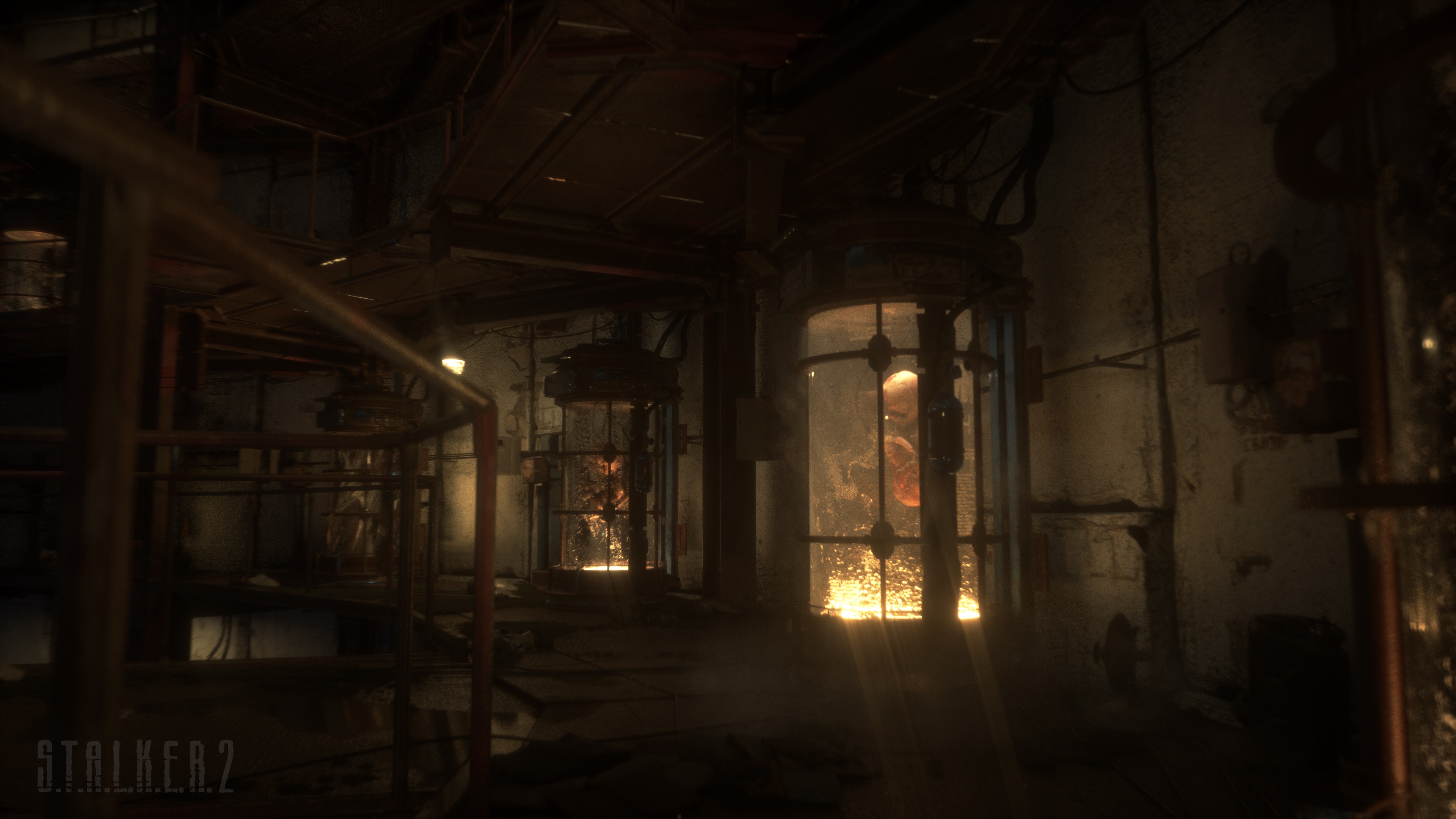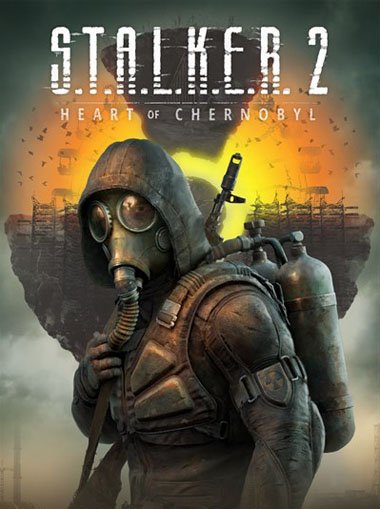
Ubisoft has invested in blockchain gaming company Animoca Brands and has doubled down on its NFTs, despite criticism from anti-NFT video game journalists and gamers threatening to cancel subscriptions and stop buying the company’s games. Unlike GSC, billion-dollar companies like Ubisoft can push forward on NFT projects with less concern. “Based on the feedback we received, we’ve made a decision to cancel anything NFT-related in S.T.A.L.K.E.R. GSC attempted to clarify the reason for its NFTs.īut GSC ultimately chose to kill the idea altogether. If GSC sold NFTs for lots of money, the reasoning went, it would be able to continue funding game development to make the sequel better. The small developer also revealed its rationale, citing a need to fund its game. 2 is not a blockchain game, NFT metahumans would be optional buy-ins, and the NFTs would have no impact on gameplay. The Ukrainian company then tweeted out some clarifications: S.T.A.L.K.E.R. Many blockchains use much less energy than electricity-intensive Bitcoin, but some of the most adamantly anti-NFT gamers have painted all digital tokens as environmentally destructive. It also declined to name the blockchain it would use-which would have helped substantiate its claim that the project would be environmentally-conscious. GSC provided little explanation as to why it was making NFTs, leading many gamers to believe the company was jumping on to a fad. GSC’s NFT pitch may have been bungled due to a lack of education for fans. While some gamers supported the idea, others did not and expressed their frustration by creating memes. The NFTs were set to be sold through Dmarket, a third-party marketplace where players can buy and sell in-game items. Buyers would then have their name or alias tied to that in-game character, giving them a cameo as a “bartender, comrade or enemy,” according to the announcement website. It started by revealing its most ambitious NFTs: three NPCs, or non-playable characters, dubbed “metahumans,” would be purchasable using blockchain technology. 2 developer GSC Game World announced it was including NFTs in its sequel. And in November, chat app Discord came under immediate fire from its core users after it teased a possible Metamask Ethereum wallet integration that has since been scrapped. It's the latest example of gamers rising up against NFTs-blockchain-based tokens representing ownership of a digital item. Last week, game maker Ubisoft met vocal backlash from gamers upon announcing its first three in-game NFTs for Tom Clancy’s Ghost Recon: Breakpoint. 2: Heart of Chernobyl, sequel to first-person shooter game S.T.A.L.K.E.R., has cancelled its in-game NFT plans after receiving negative criticism on social media, largely from the gaming community.
#S.t.a.l.k.e.r. 2 nft series#
STALKER 2 Heart of Chernobyl heads to Windows PC, Xbox Series S, Xbox Series X and Xbox Cloud Gaming on 28 April 2022, part of Xbox Game Pass. Fans quickly took to social media to criticise GSC Game World for focusing on the likes of NFTs before proper gameplay reveals ahead of the title’s 2022 release.


GSC Game World first announced that its NFTs would function in the form of NPC character faces that would be moddled after a successful bidder’s likeness. “We’re making this game for you to enjoy - whatever the cost is. “The interests of our fans and players are the top priority for the team,” the company added. “Based on the feedback we received, we’ve made a decision to cancel anything NFT-related in STALKER 2,” GSC Game World said via Twitter, close to an hour and a half after first detailing plans to include the feature. The developer cited player response for the backflip. STALKER 2developer GSC Game World has cancelled plans to include non-fungible tokens (NFTs) shortly after announcing plans to include them in the first place.


 0 kommentar(er)
0 kommentar(er)
